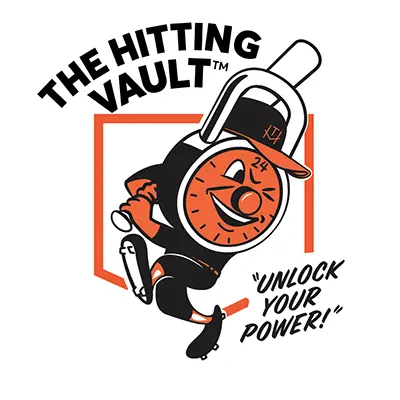Whether you coach Little League, high school, travel ball, or college, there will most likely be at least one player on your team that sees an outside hitting coach. How should you deal with it? Do you approach it? Ignore it? What do you tell their parents?
Coach Lisle answers this tricky question in the video below!
Here are the things that I would say, and I deal with it at the college level still.
You’d be amazed how many college players still go see– and usually it’s their dad, but sometimes it’s a hitting coach. I would tell you that my first conversation with them, if I know it’s happening is just say, hey, I know you’re working with this hitting coach. As long as you’re having success– and what does success look like?
I think we have to be on the same page of what that is. It’s not hitting .250, and with no power. But as long as you’re having success, I’m not going to bug you. If you are having success, again, I don’t care.
I’m not going to turn a .400 hitter into a .200 hitter, and that’s fine. I would say that if they’re not having success, they’re doing things that you’re seeing– like, hey, this person’s going to a hitting coach, they’re not lined up with my philosophy, and they’re obviously not having success as well, I would tell you that the biggest thing as coaches and as parents that we deal with is communication.
Related reading: Become a Better Hitter in One Session
We got to talk to the players, and sometimes we have to talk to the parents and say, hey, here’s what’s going on. Your son is going or daughter is going to this hitting coach. Doesn’t really line up with my philosophy, which I’m OK with, but your son or daughter’s also hitting .200, struggling to get a spot in the lineup, or they’re batting ninth in the lineup. I don’t think these are things that you want for your son or daughter.
You want them to have success and do well. So if you want me to leave them alone and not incorporate my philosophy on them, that’s fine. I’ll leave them alone. And I think it’s just something that 2018 we have to deal with to a degree and say, OK, that’s fine.
Just understand that if they don’t have success, though, it also means that I’m not going to put them up in the starting lineup,
or they might not get as many opportunities. It’s not because I’m mad that they’re going to a hitting coach. It’s because they’re not having success.
And so to me, at the college level, what we do with that is, hey, I’m fine with you doing that. Good luck. If that’s working,
that’s great.
But at some point, we’re having a conversation that that’s not working, and now if you don’t buy into what we’re doing, you’re going to ride the bench. And it’s not because I don’t like you, but you’re not having success, and I’ve got 20 other hitters that want to have success and are willing to do what it takes.
So I just think it’s a communication standpoint. I think that, as coaches, I think sometimes we just try to shy away from it or get confrontational with it.
I would invite it in. Say, hey, let’s talk about it. I see what you’re doing. That’s great that you’re finding outside help. That’s great. What about going to this other person? Or hey, I want to help you have success on it. I don’t think this is having success.
And I would say that down the line, if it’s continuing to be like that, they’re going to end up playing on a different team. I mean, that’s the end result for that one, but that’s a good question.
The Hitting Vault is the most popular, most trusted and highest rated online hitting community.

